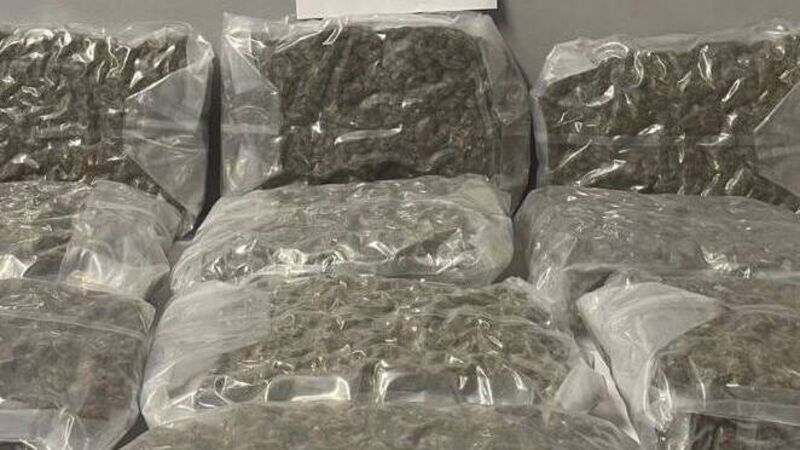Gardaí liaison officers working with national police services tackling drug importation and exportation

As part of its contribution to the war against international drug trafficking, Gardaí have dispatched liaison officers to work with national police services who are tackling drug importation and exportation.
As part of its contribution to the war against international drug trafficking, Gardaí have dispatched liaison officers to work with national police services who are tackling drug importation and exportation.
It is unsurprising that since 2020 one of those Garda liaison officers has been stationed in Colombia, the biggest producer and exporter of cocaine in the world.













